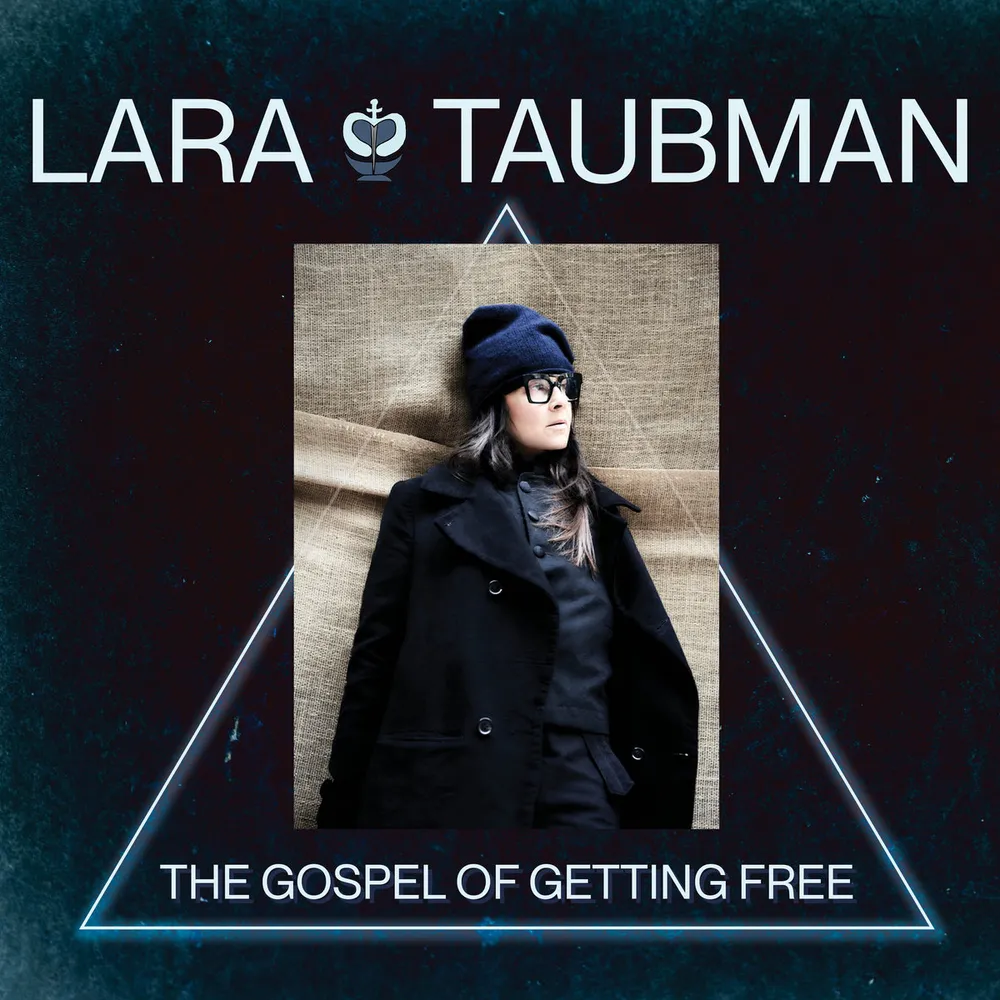Debut albums are tricky things. They’re not just songs stapled together; they’re statements, first impressions, the kind of work that says: this is who I am, and here’s why you should care. Sometimes artists stumble because they try to do too much too soon. Others play it safe and end up blending into the wallpaper. With Reborn, Amara Fe threads the needle: it’s ambitious without being bloated, personal without being self-indulgent, and most importantly: it sounds like her.
Amara Fe isn’t coming into music empty-handed. Her story is stitched with familial ties; uncles Eugene and Rene jamming in Tulsa, Oklahoma; a grandmother with songwriting credits that brush up against Minnie Riperton. And while she isn’t leaning on nostalgia, there’s an undeniable sense that she’s carrying something forward, repurposing the past for her own voice. That’s what makes Reborn interesting: it’s not about retelling family legends.
The title Reborn isn’t subtle, but it doesn’t need to be. Lyrically, the record orbits around renewal and self-definition, coming out of heartbreak, out of self-doubt, and into something sharper. Plenty of pop and R&B debuts claim this kind of arc, but Amara Fe distinguishes herself in the details. These aren’t generic empowerment anthems written by committee; they’re lived-in stories, shaped by her decision to not only write but produce the entire record herself. That’s crucial. You can hear it in the way the album breathes. Nothing feels designed for TikTok snippets or for polishing into algorithmic pop perfection. Instead, the songs have jagged edges, little moments of space where her intent comes through louder than any studio trick.
Take the opener, “To Good for That.” It’s a blast of self-worth packaged in harmonies that nod toward Destiny’s Child at their sleekest. If this were a Fifth Harmony track, it’d be carved up into solos and bridges. But as a solo act, Amara Fe makes it her own; a confident strut of a song that tells you exactly what you’re getting into. Then she pivots immediately as “Hole in Chest” is darker, more claustrophobic, riding trap beats that thump like an actual pulse. The metaphor isn’t subtle but it lands because of how it’s staged. The beat mirrors the ache; the vocal layering tightens like pressure. This is where you realize she’s not just dabbling in genres; she’s bending them toward her emotional reality.
Not every highlight is heavy, though. “Blinded by the Lights” bursts in with a Latin trumpet riff so bright it could score a Pixar montage. There’s something almost Disney-esque about its sugar-rush optimism, and yet it doesn’t collapse into cheese. It sticks because it feels like her having fun, refusing to play the brooding-artist stereotype. In fact, fun might be the secret weapon of Reborn. Even when she dives into weightier themes, there’s momentum, an insistence that music can be joyful and purposeful at the same time.
“Brains Over Beauty” leans hard into that early 2000s R&B-pop nostalgia; think Demi Lovato’s debut, but less industry sheen and more grit. It’s a track that takes a cliché and flips it on its head, challenging shallow perceptions with big, hook-heavy choruses. This is the kind of song that could soundtrack a summer teen movie and still feel empowering.
Then there’s “Living My Best Life,” which goes full trap banger. This is her swagger moment, the kind of track Bebe Rexha would milk for stadiums. What makes it work is the undercurrent of sincerity. It’s not just posturing; it’s Amara Fe carving out space for herself in an industry that rarely hands it to women without a fight.
The closer, “Expectations,” is maybe the weirdest curveball. It sounds like it could’ve been a B-side to I’m In Love With a Monster from Hotel Transylvania; it’s quirky, theatrical, slightly camp. But instead of being a throwaway, it reframes the whole project. After all the declarations of resilience, confidence, and renewal, she leaves us with a wink. Reinvention doesn’t have to be deadly serious. Sometimes rebirth means giving yourself permission to be strange, playful, even a little silly.
That playfulness is what makes Reborn feel alive. Too often, debuts get lost in polish, flattened by producers, airbrushed until they sound like everyone else. Here, the production allows room for breath and texture. Silence matters. Choices feel intentional. You get the sense that Amara Fe knows not just when to add, but when to hold back. That restraint, that willingness to leave imperfections visible, is what makes the album resonate.
It’s also what makes Amara Fe’s mission statement ring true. She’s said she wants to “bring back fun in the craft while also speaking to people’s personal lives.” And that’s exactly what this record does. It acknowledges heartbreak and struggle without drowning in them. It balances intimacy with universality. And above all, it sounds like someone having the guts to finally step forward and own her narrative.
By the time the last note fades, you’re not just humming melodies; you’re left with a sharper sense of who Amara Fe is, why she makes music, and why she’s worth following. “The old wave dies off and a new wave begins,” she says. With Reborn, that new wave doesn’t just begin. With Reborn, Amara Fe’s new wave crashes.
Follow Amara Fe
About the Author

A tenured media critic known working as a ghost writer, freelance critic for various publications around the world, the former lead writer of review blogspace Atop The Treehouse and content creator for Manila Bulletin.









